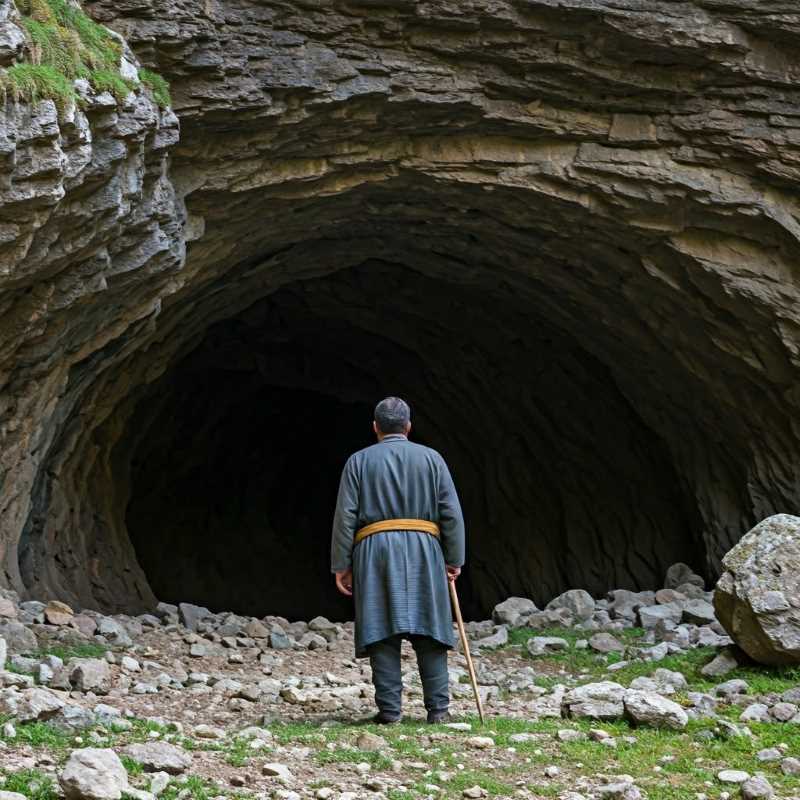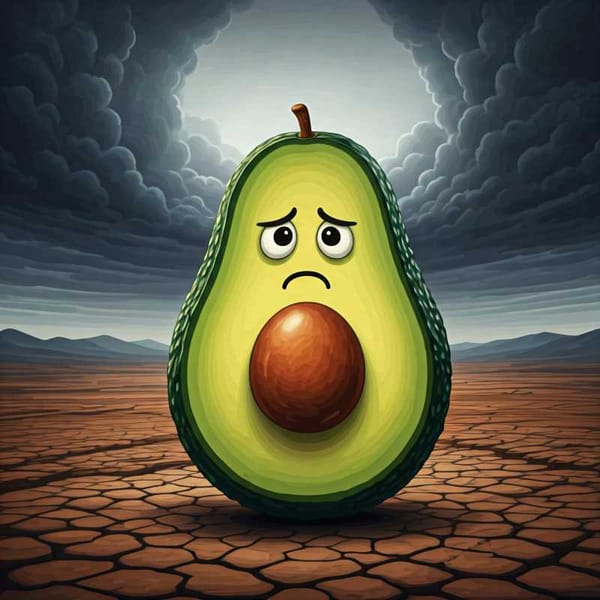A Legend of Wealth and Madness
A shepherd discovers a hidden treasure of gold in a cave on the San Miguel estate. He keeps it secret, sharing it only with the owner. Together, they secretly remove the gold, but the shepherd's mental state deteriorates.

There’s an old saying: children, drunks, and madmen always tell the truth. And in the quiet town of Acuñense, where life ambles along at the pace of a stubborn mule, it’s this saying that has kept alive one of the most peculiar stories the locals will tell you. Some call it legend, others swear it’s gospel truth. But everyone agrees on one thing – it revolves around a shepherd named Justo, or Justino, as he was affectionately known.
Now, before you start picturing some wise old Druid or Gandalf-like figure, let me stop you. Justo was no Merlin. He wasn’t the type to conjure lightning from a staff or predict the end of the world based on the number of crows sitting on a fence. No, he was your everyday man of the fields, a humble shepherd who, through decades of tending livestock and watching the skies, had somehow managed to cultivate an almost mystical understanding of nature.




